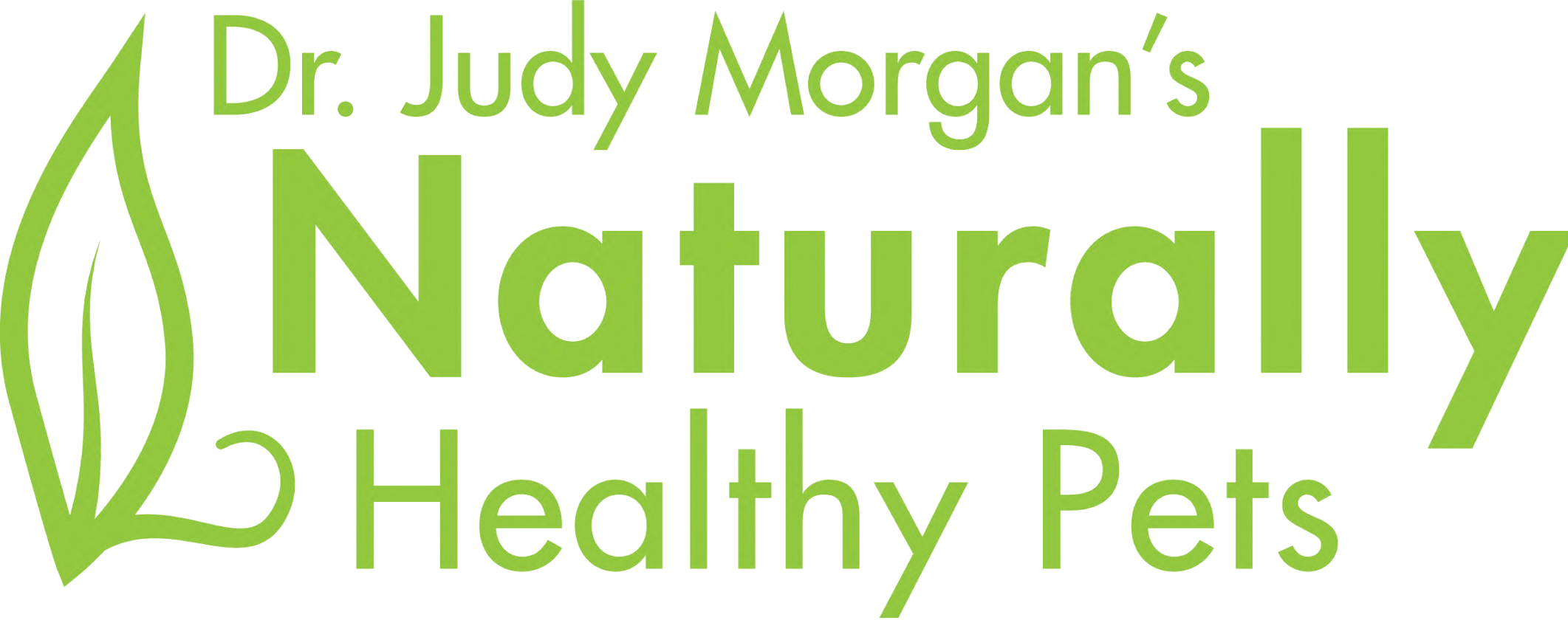Veterinarians learn about nutrition while in school. We have to take a one-semester nutrition course. However, that one semester of information covers feeding livestock and poultry, as well as small animals. So how much information does the veterinary student really obtain when it comes to understanding pet food ingredients, diet formulation, and diets for pets with special needs? Unfortunately, not much. Because veterinarians do not spend a lot of time learning about nutrition in school, most of them feel uncomfortable recommending specific diets or formulating balanced home prepared raw or cooked diets. It may also be why they get so upset with owners who prepare their own diets; they don't know how to help the client balance the diet.
Nutrition education for practicing veterinarians comes mainly from sales reps from big pet food companies selling "prescription diets". When I was in school (when dinosaurs roamed the earth) we had one company that was marketing a lot of these diets and those diets were actually listed in the medical textbooks (and still are) as treatments for specific diseases. I used to refer to it as "alphabet soup". Just pick the correct letter of the alphabet and prescribe the right diet for the current disease. Yes, these companies do a lot of research on the diseases, which is greatly appreciated. They also sponsor veterinary continuing education meetings and ongoing disease research at veterinary schools. But do they have too much influence on practicing veterinarians? Do we blindly accept that what they are selling will actually cure disease?
By the way, the FDA does not always enforce its own rules on this. Prescription medications and foods have to show proof that they actually treat disease and will do no harm. For example, here is a warning letter sent to Hill's Pet Food regarding label claims on one of their diets. It's amazing they actually sent this letter because their overall feelings are that they will NOT enforce these label claims. Instead they leave it in the hands of the veterinarians to determine which diets should be used.
From the FDA Compliance Policy Guide:
"For more than fifty years, dog and cat food manufacturers have marketed diets identified on their labels ... as being intended to diagnose, cure, mitigate, treat, or prevent diseases (“treat or prevent disease”). By virtue of their intended use to treat or prevent disease, such products meet the statutory definition of a drug in section 201(g)(1)(B) of the Federal Food, Drug, and Cosmetic Act (the FD&C Act) [21 U.S.C. 321(g)(1)(B) Most dog and cat food products that claim on their labels or in their labeling or other manufacturer communications to treat or prevent disease are not approved new animal drugs, and do not comply with drug registration and listing requirements, or with current good manufacturing practices applicable to drugs even though the products are drugs under the FD&C Act.
Animal health may suffer when dog and cat food diets intended to treat or prevent disease, but which are not approved as new animal drugs, are fed to pets. These products have not been evaluated by FDA for safety, efficacy, or nutritional adequacy. Many of these products affect physiological processes to extents that may not be tolerated by all animals, may not achieve effective treatment, and/or may not provide adequate daily nutrition if fed as a sole diet.
Unless these products are approved as new animal drugs, these products are adulterated under section 501(a)(5) and misbranded under 502(f)(1) of the FD&C Act. In addition, in the absence of compliance with current good manufacturing practice requirements, these products are adulterated under section 501(a)(2)(B) of the FD&C Act."
So the FDA admits these foods have not been evaluated for safety and efficacy and may actually cause harm to our pets, yet they allow these big pet food companies to sell their products with the complicity of veterinarians. Just who is in charge here? Not the FDA. Seems like the big pet food companies that use poor quality ingredients and sell their foods for incredible prices ($57 for 8.8 pounds of a kibble made with chicken feathers!) are running the show. No long term studies are done on these diets - your pets are the guinea pigs for long term feeding.
Personally, I would always prefer to make a healing diet using real food. (And at $6.50 per pound I can make some pretty high quality food!) Don't fall for the prescription diet scam.


